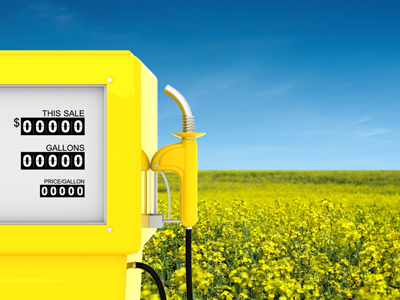

Burning Carbon Fuels
Without carbon fuels life would be very different. They are used to generate our electricity, power our vehicles, heat our homes and much more besides. But burning fossil fuels comes at an environmental cost - they cause pollution in the air that we breathe in several different ways. This GCSE Chemistry quiz is all about burning carbon fuels (commonly known as fossil fuels) and the pollution that this causes.
The fossil fuels are coal, oil and gas and are so-called because they were formed long ago in the past. All three are extracted from the rocks of the Earth - coal by digging it out and the other two by drilling. They are formed from the remains of plants (coal) and sea creatures (oil and gas) that have died. Under the right conditions, these decay to form the fossil fuels. They take millions of years to form and so they are regarded as non-renewable, but that is the subject of other quizzes.
Which of the following is a disadvantage of using biofuels?
Ready for more?
not all...
quizzers. Try to win a coveted spot on our Hall of Fame Page.






